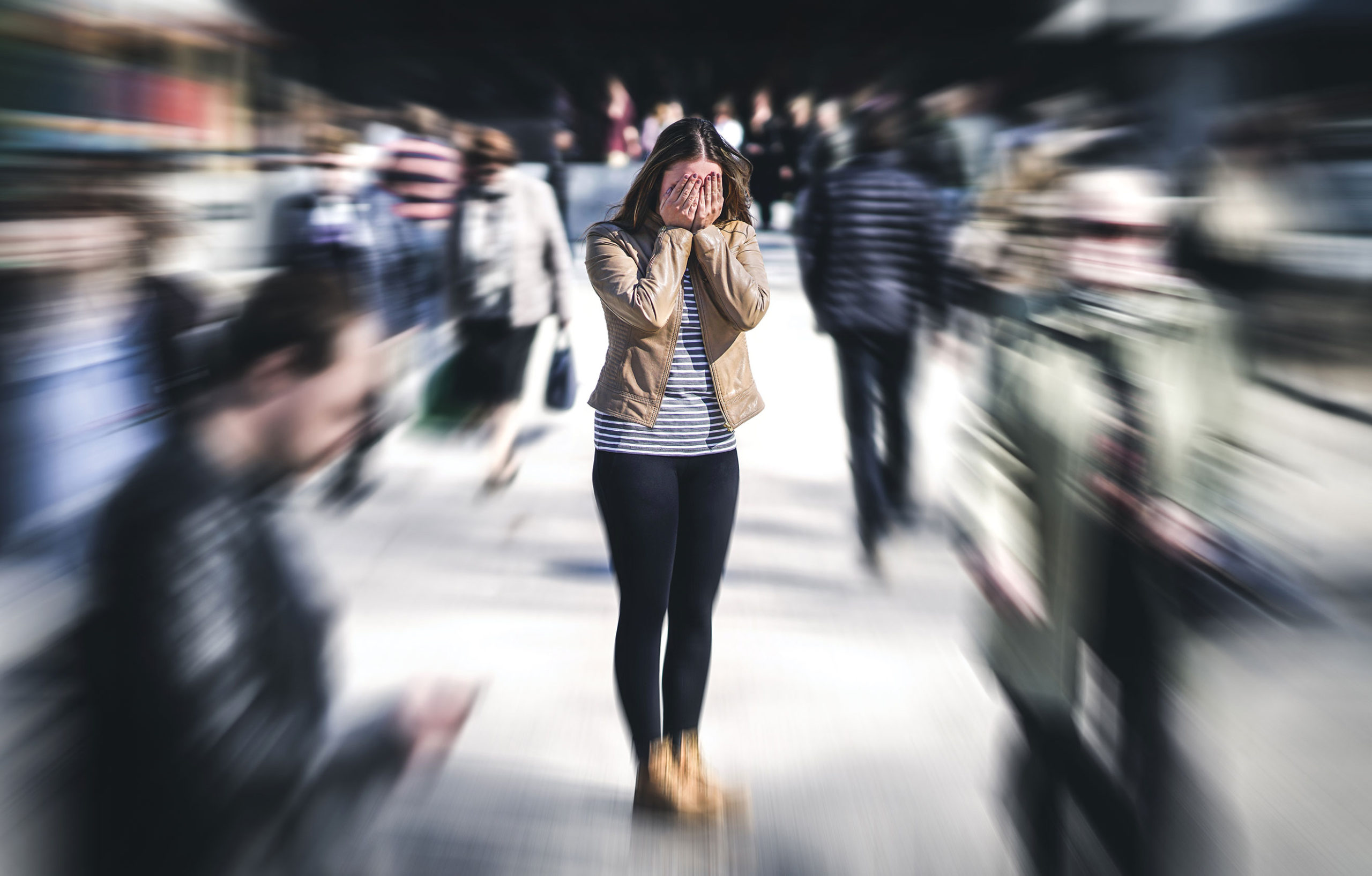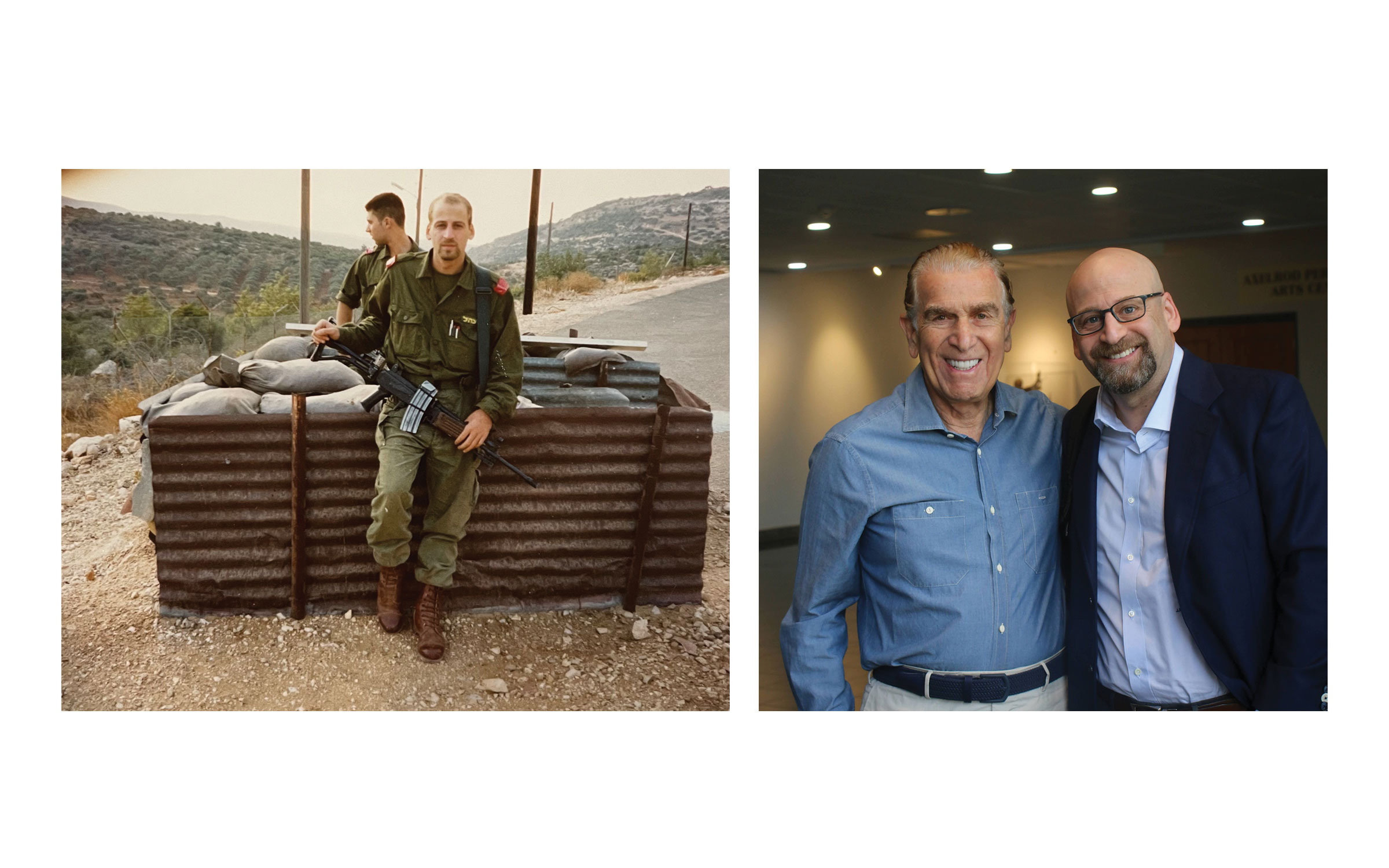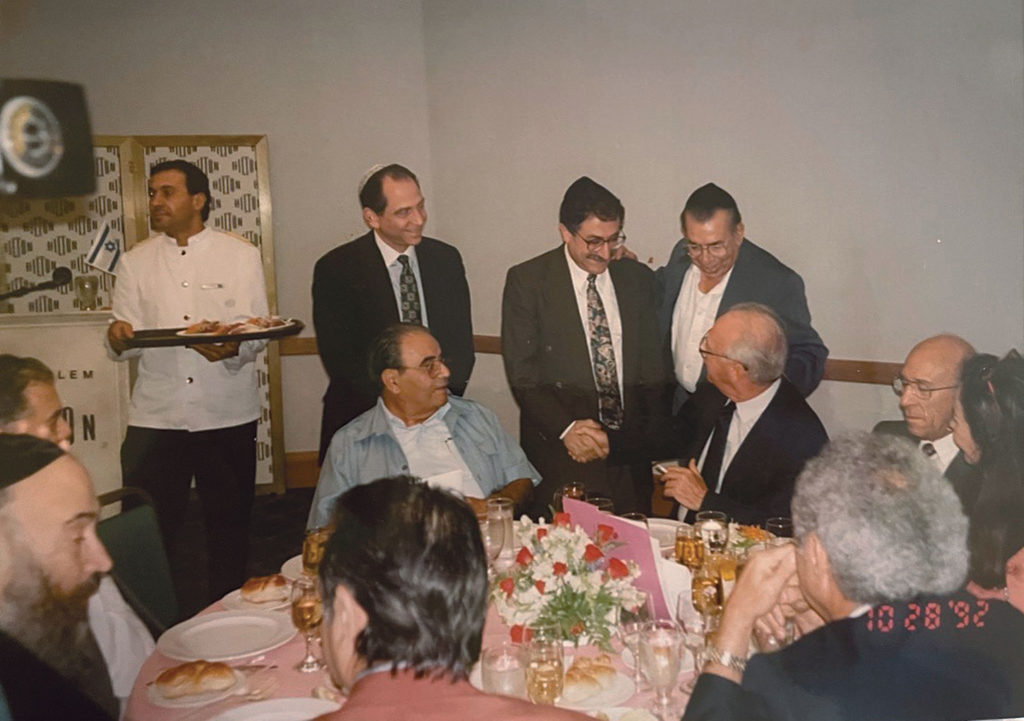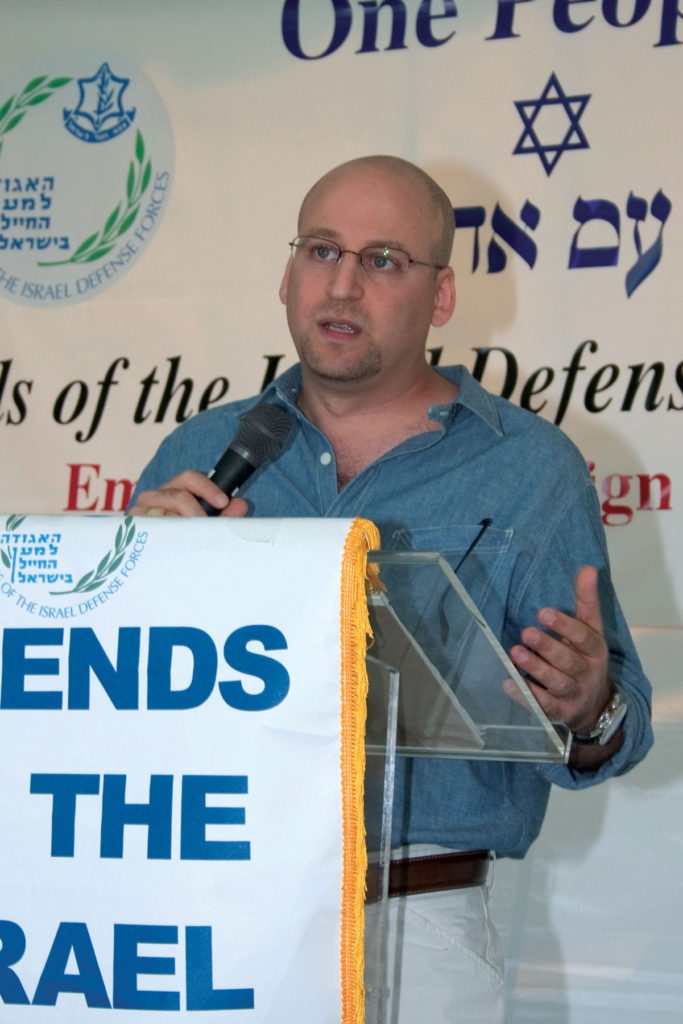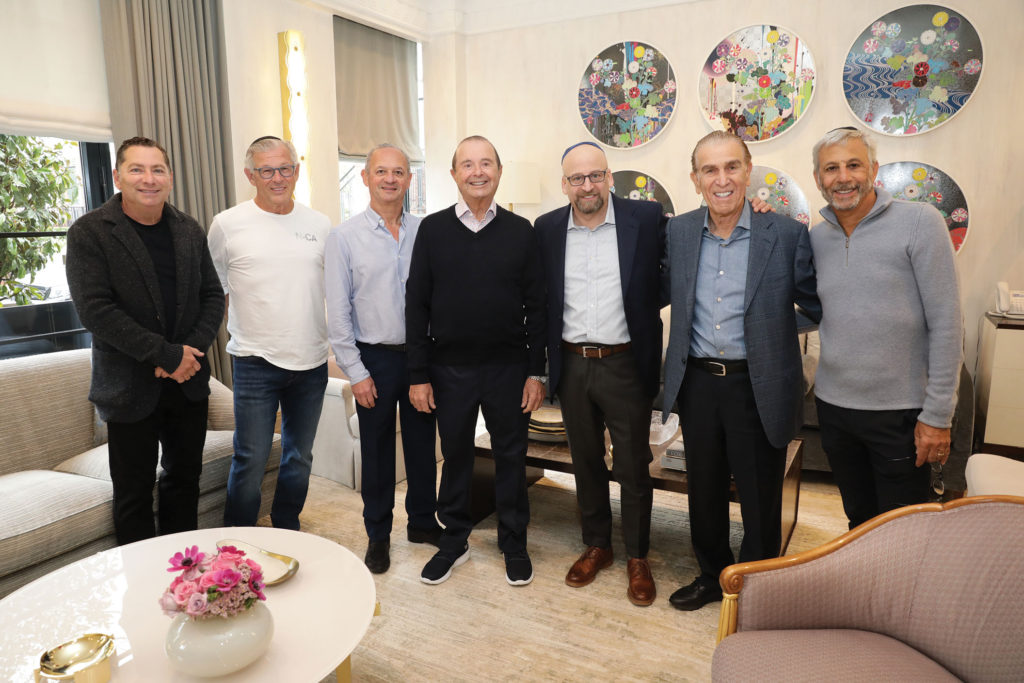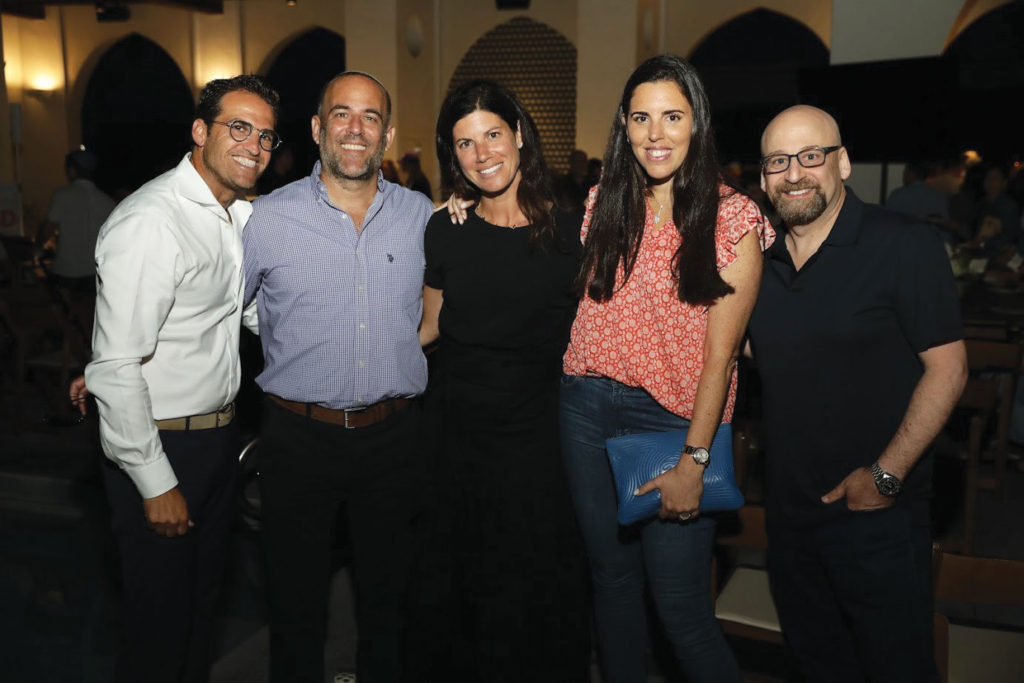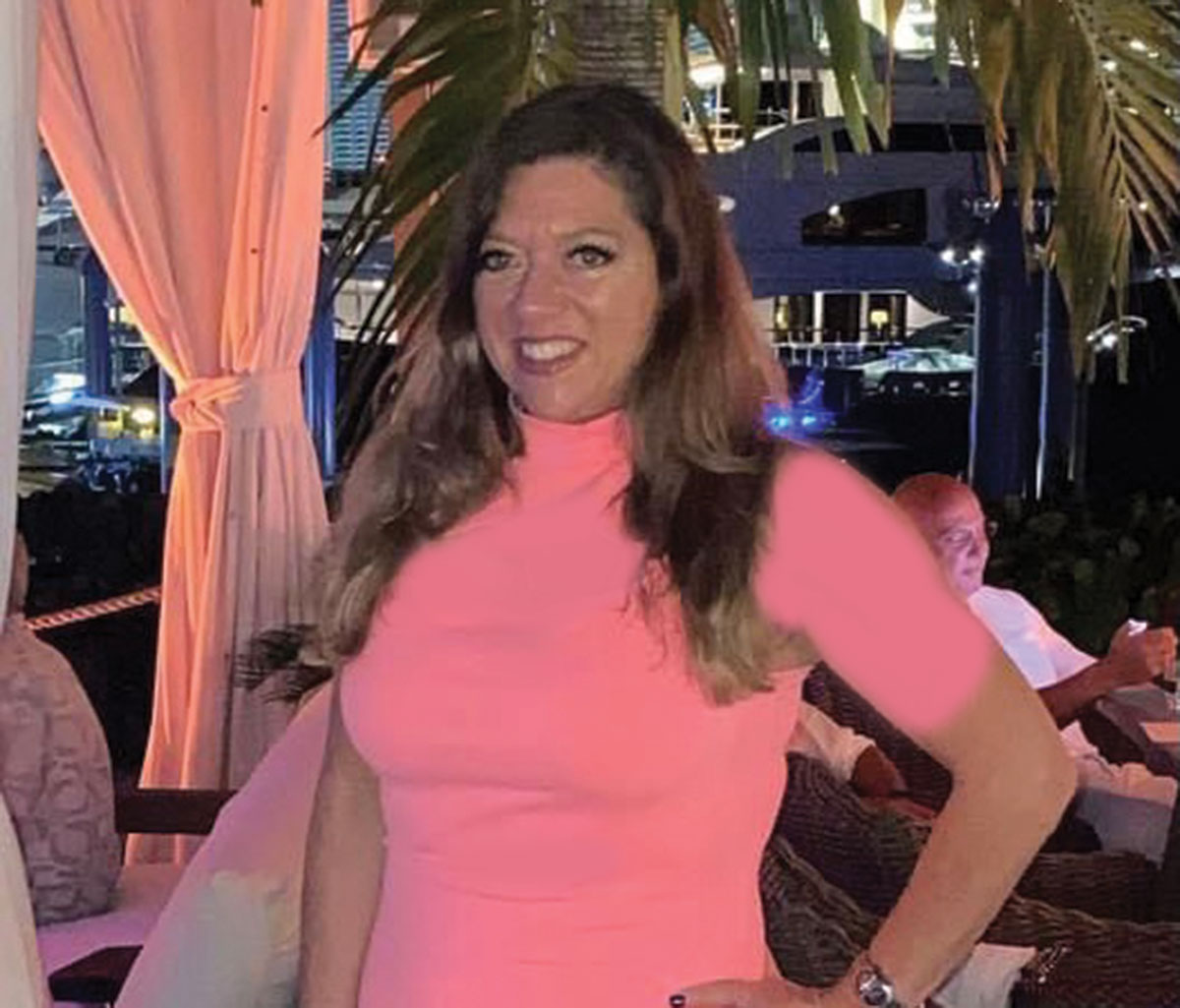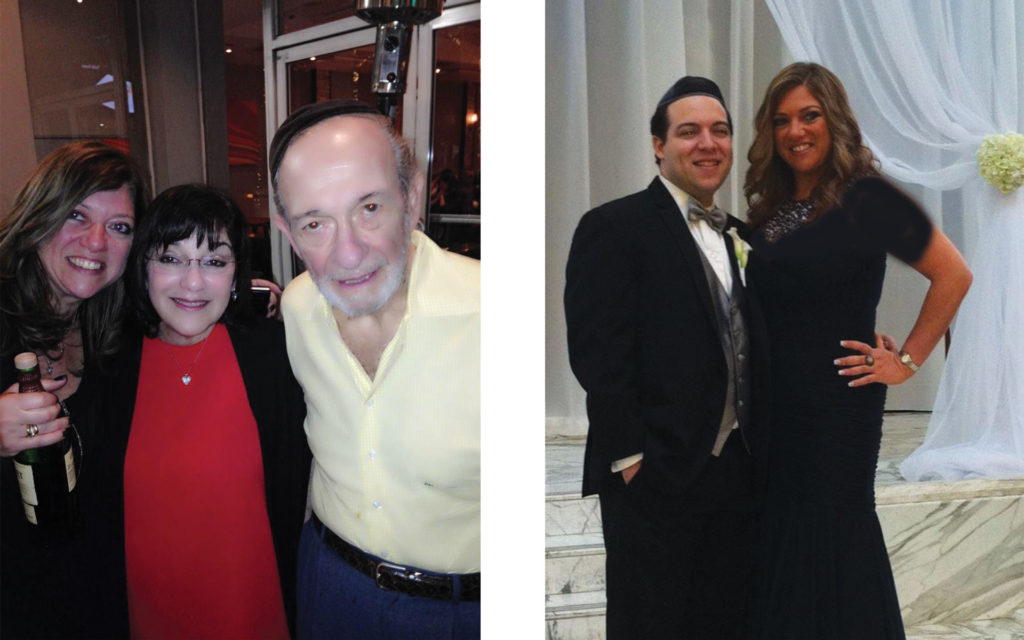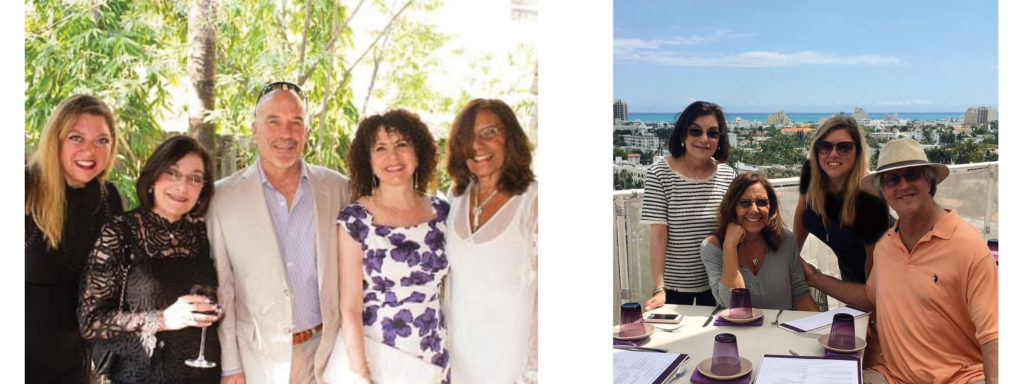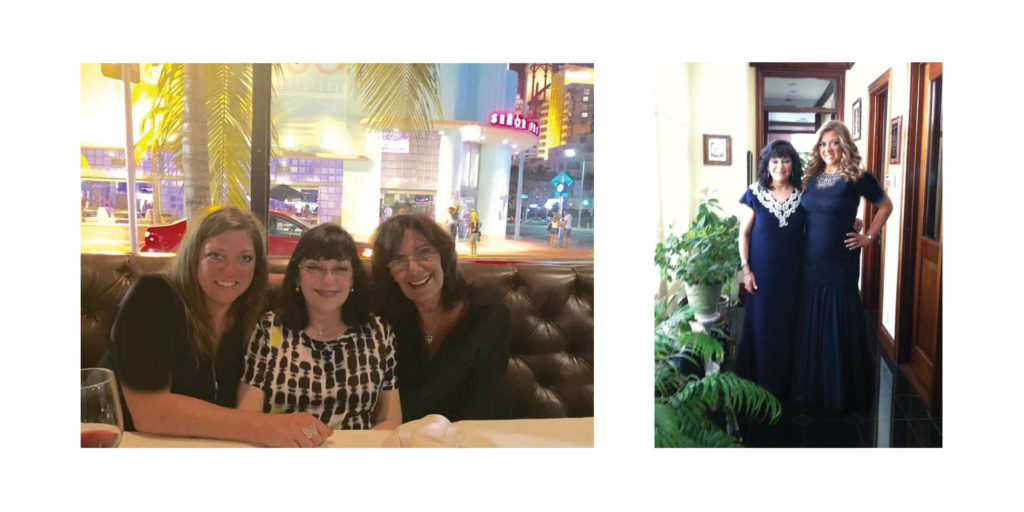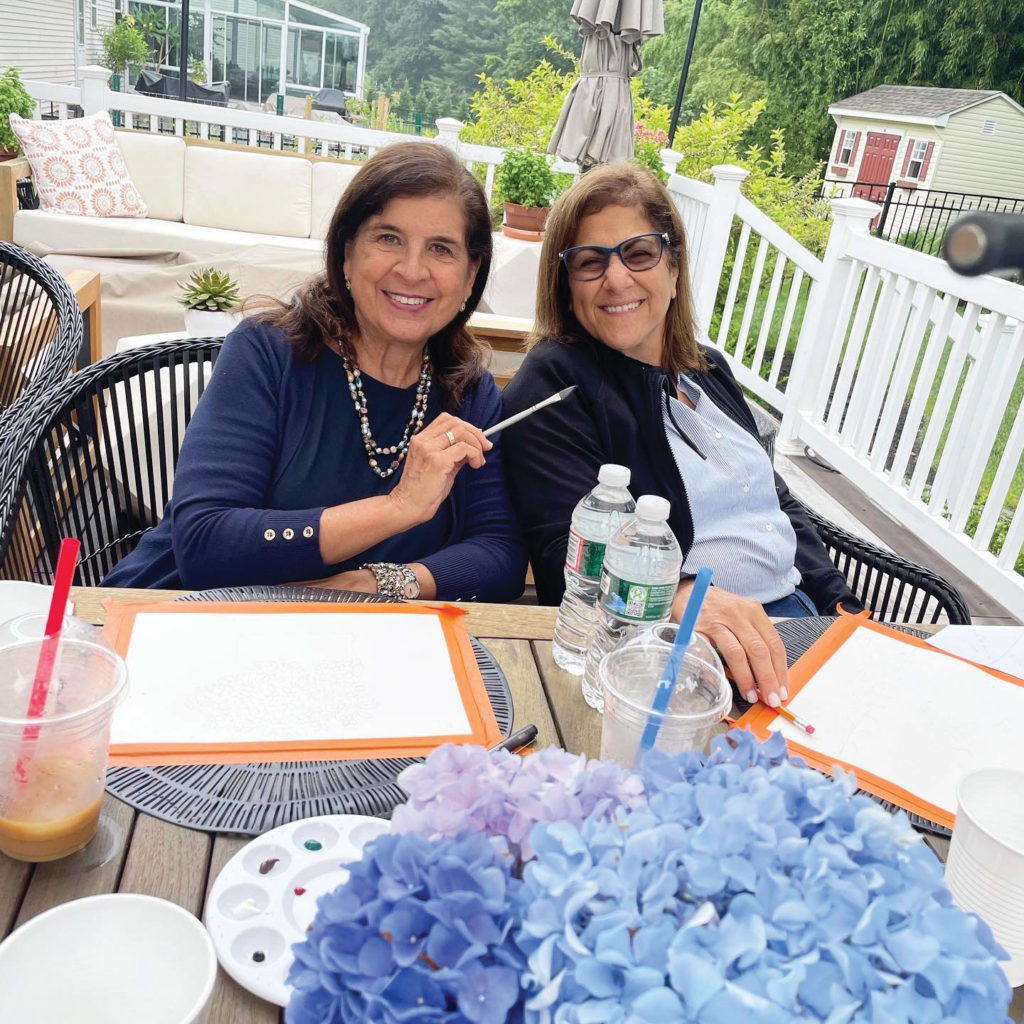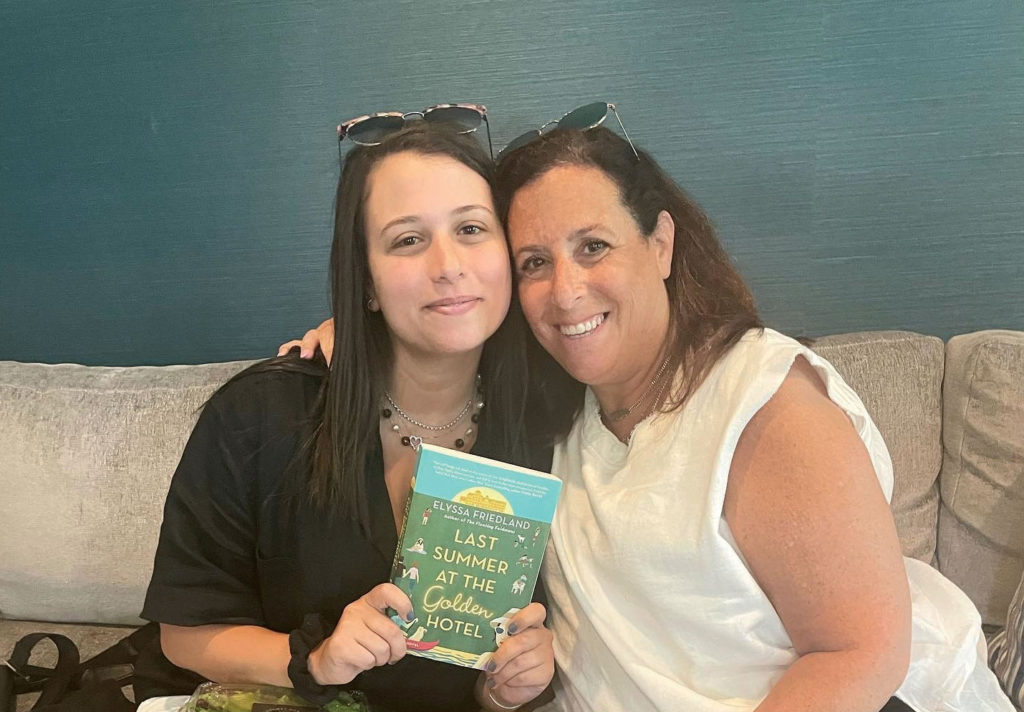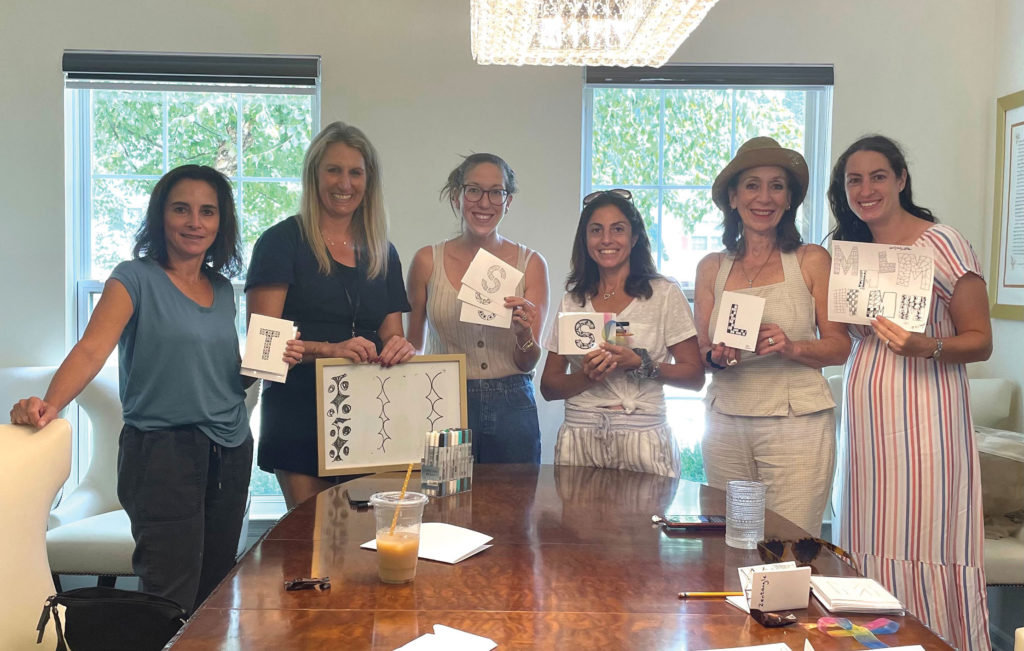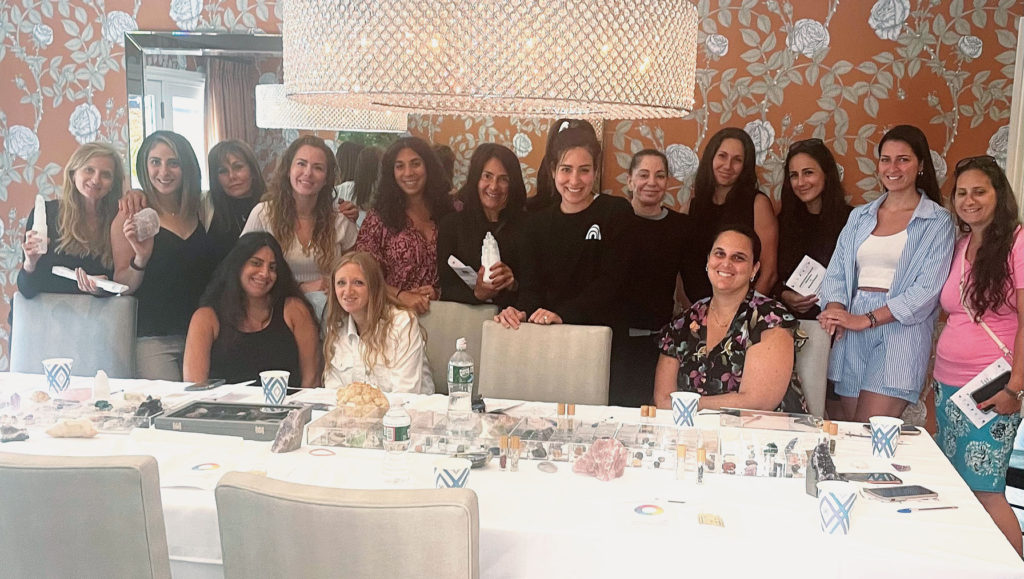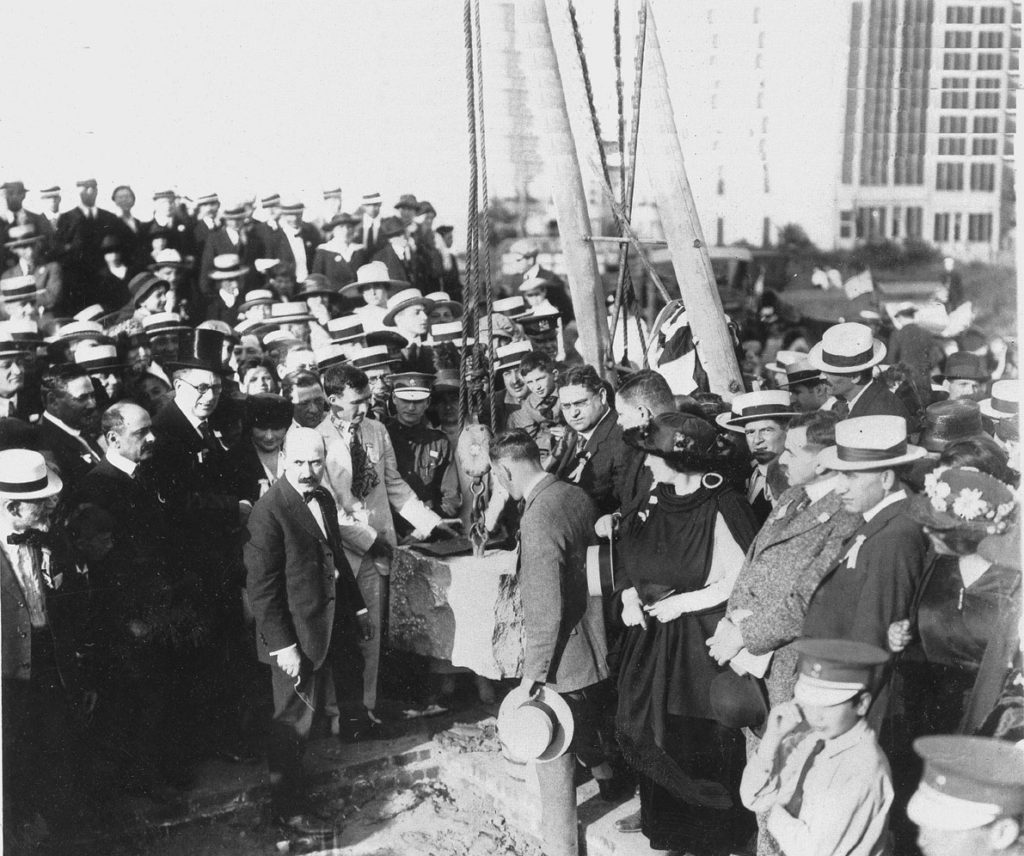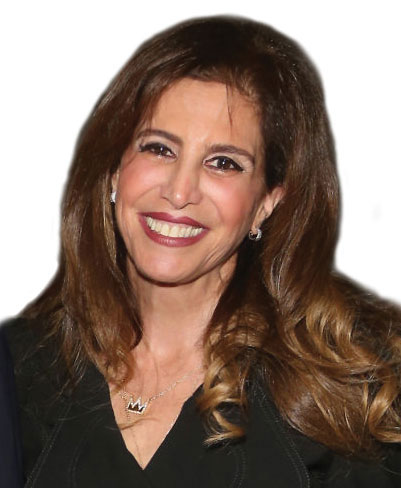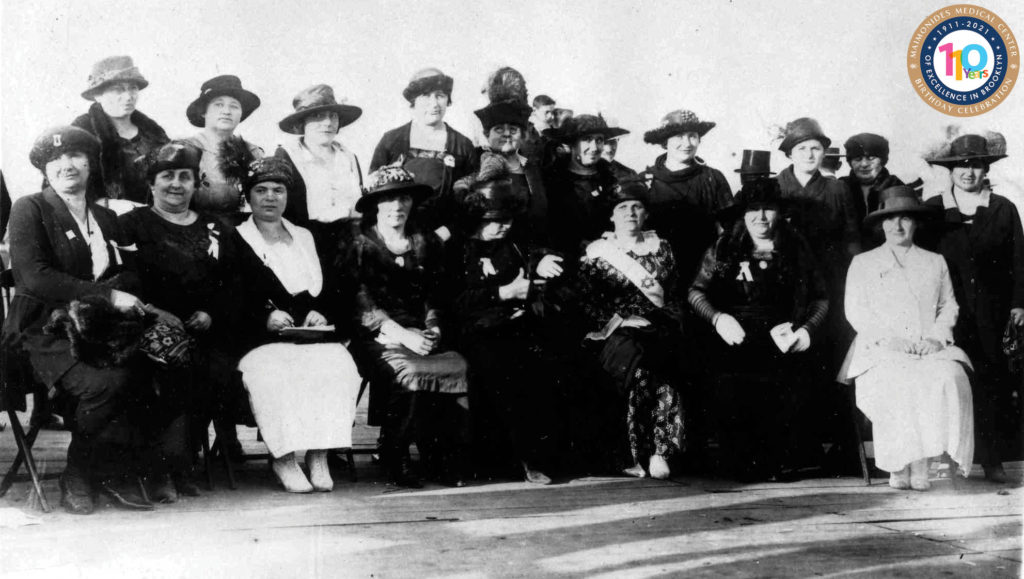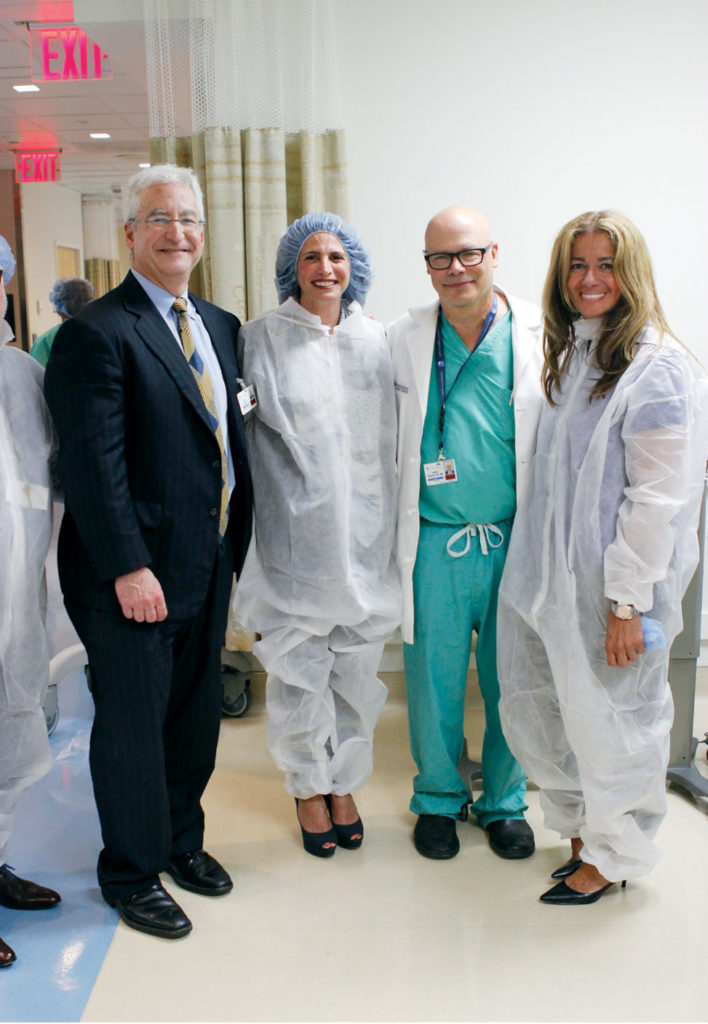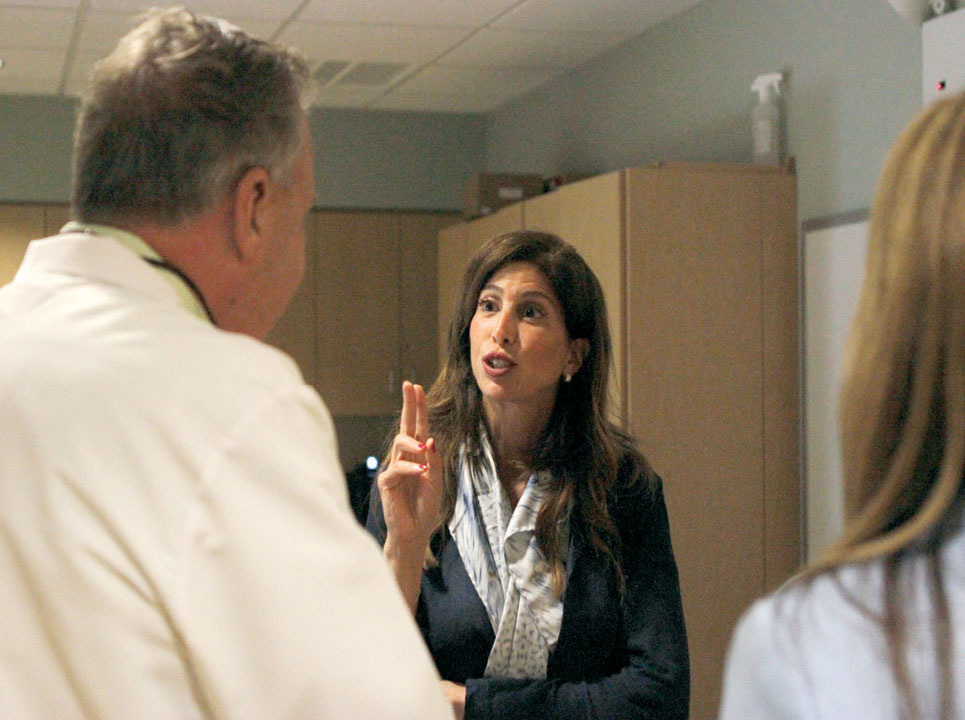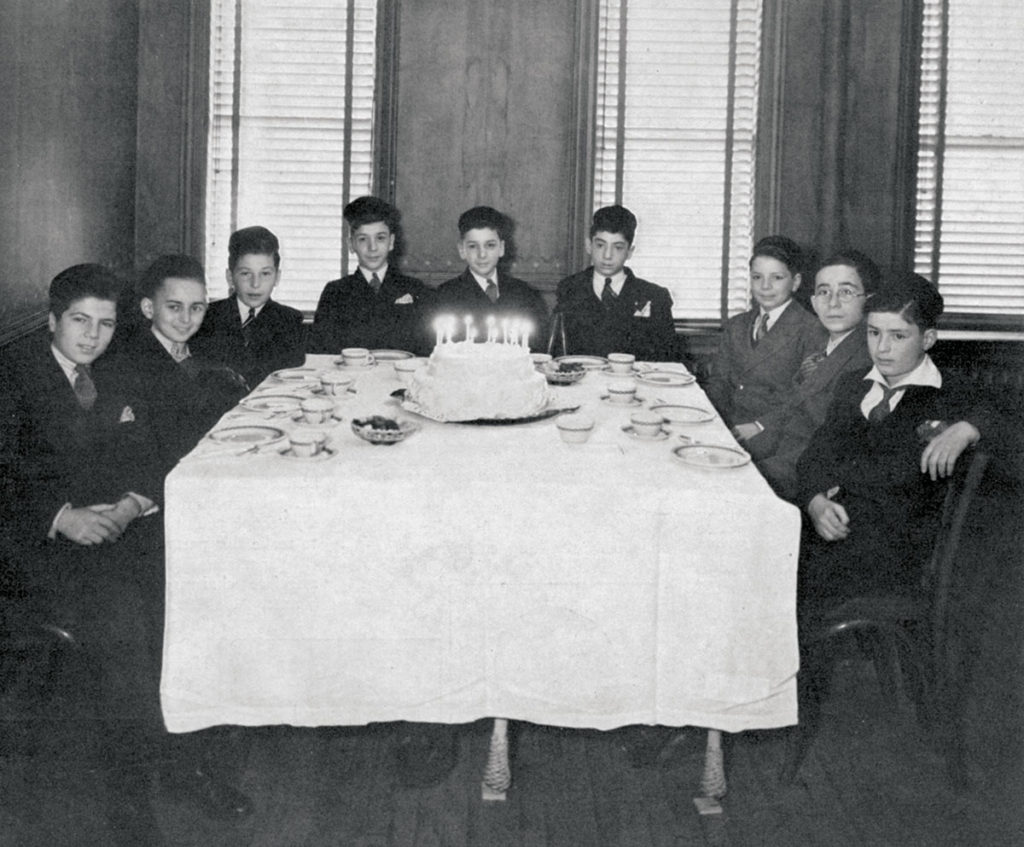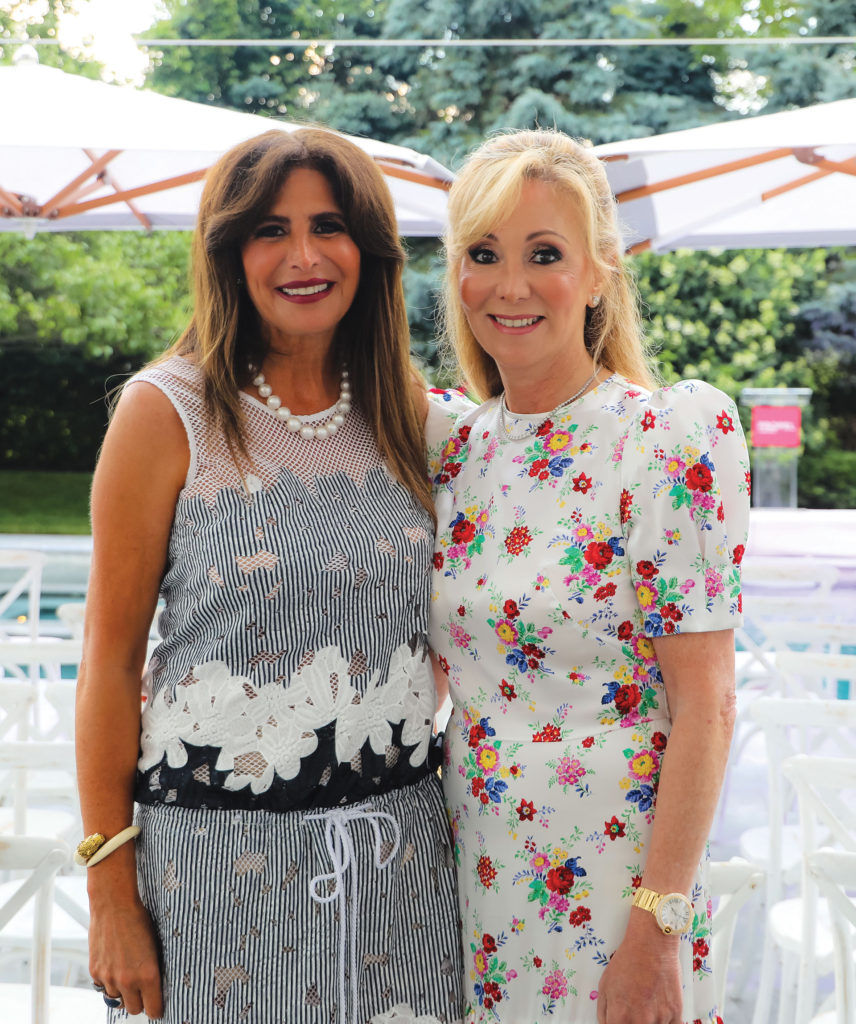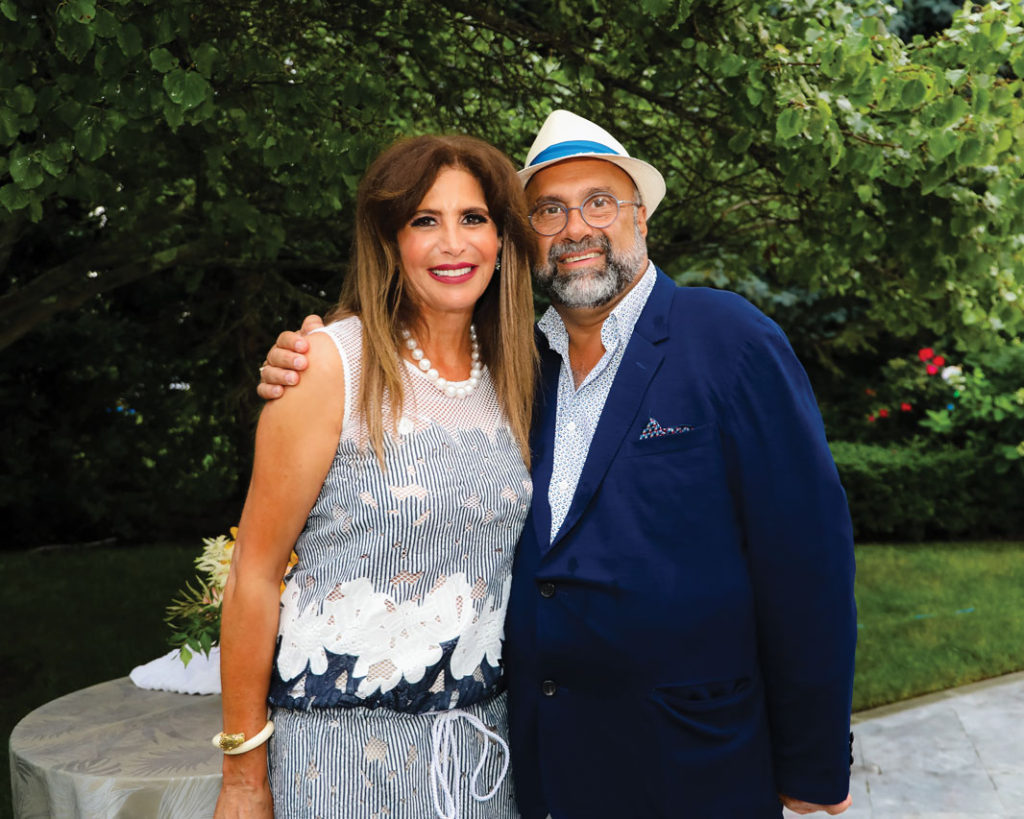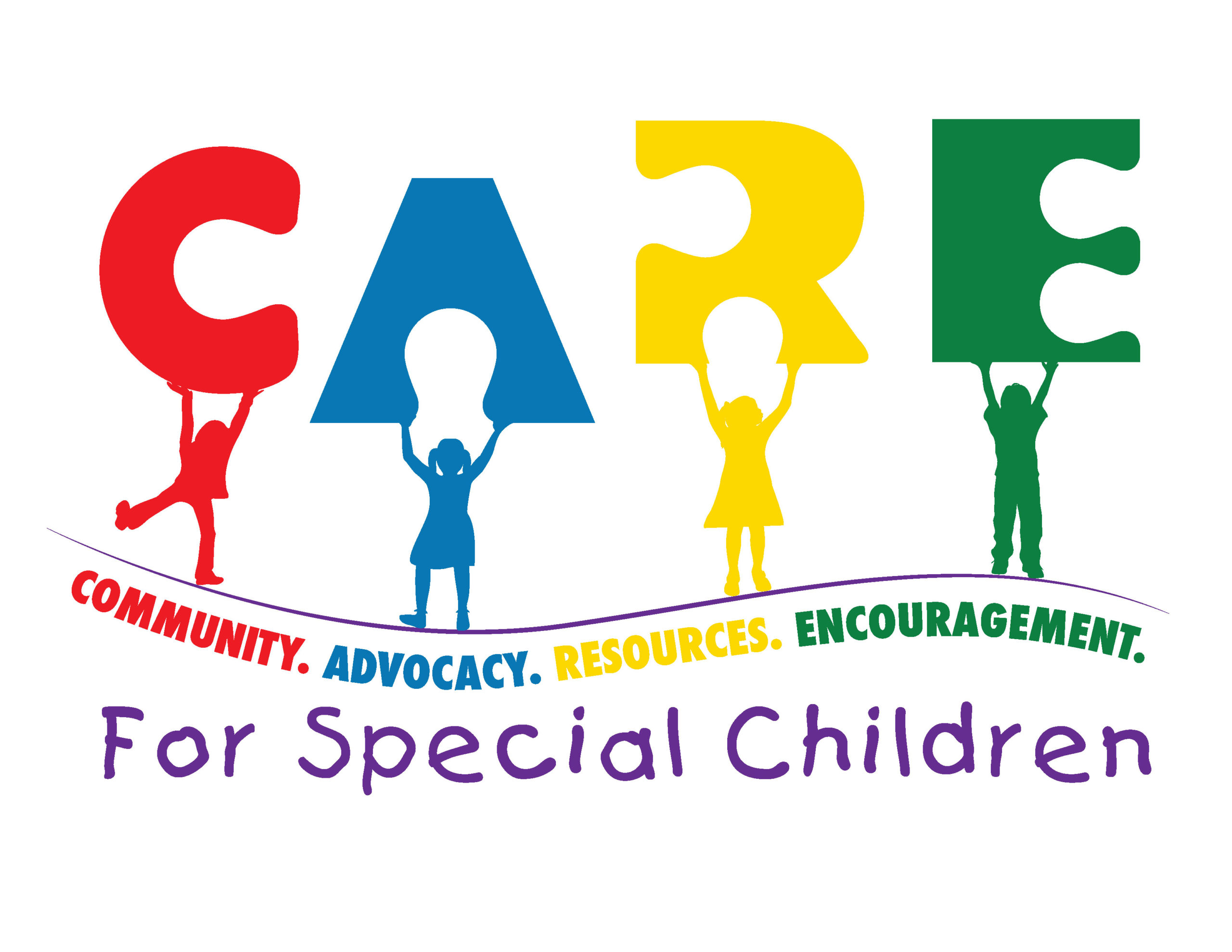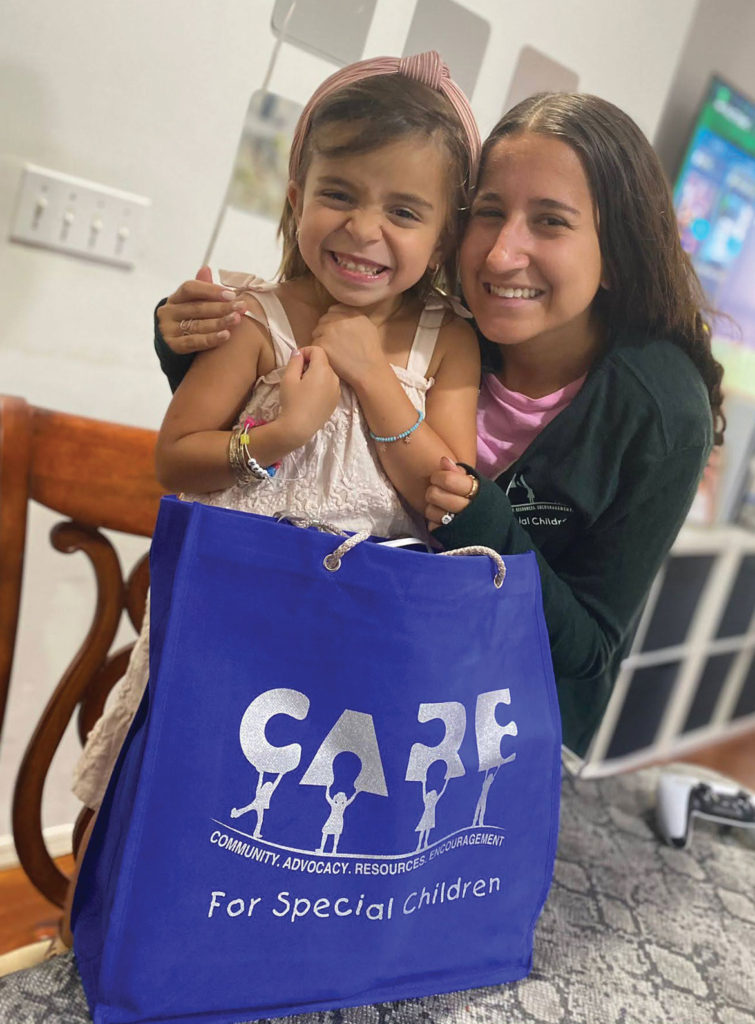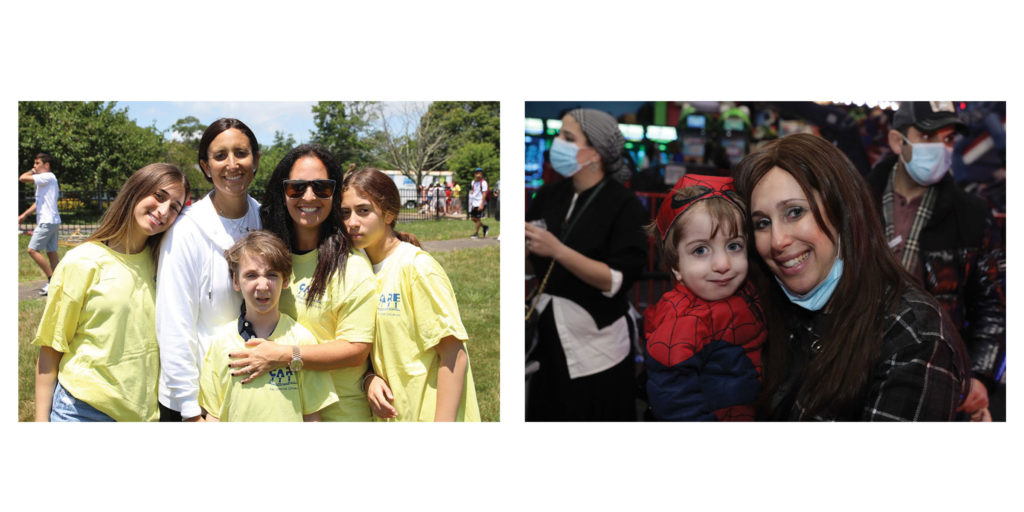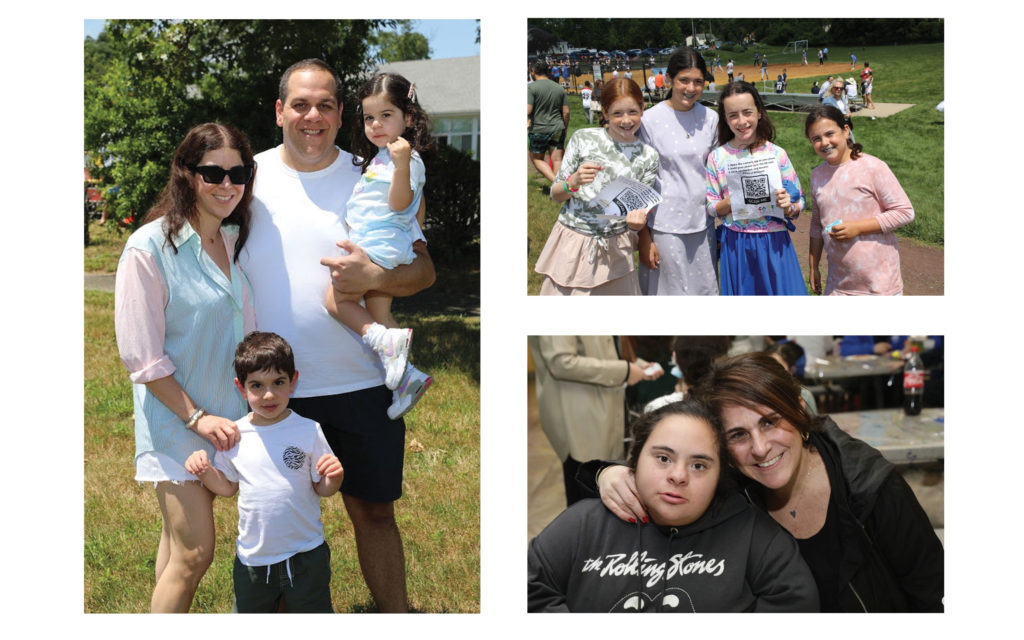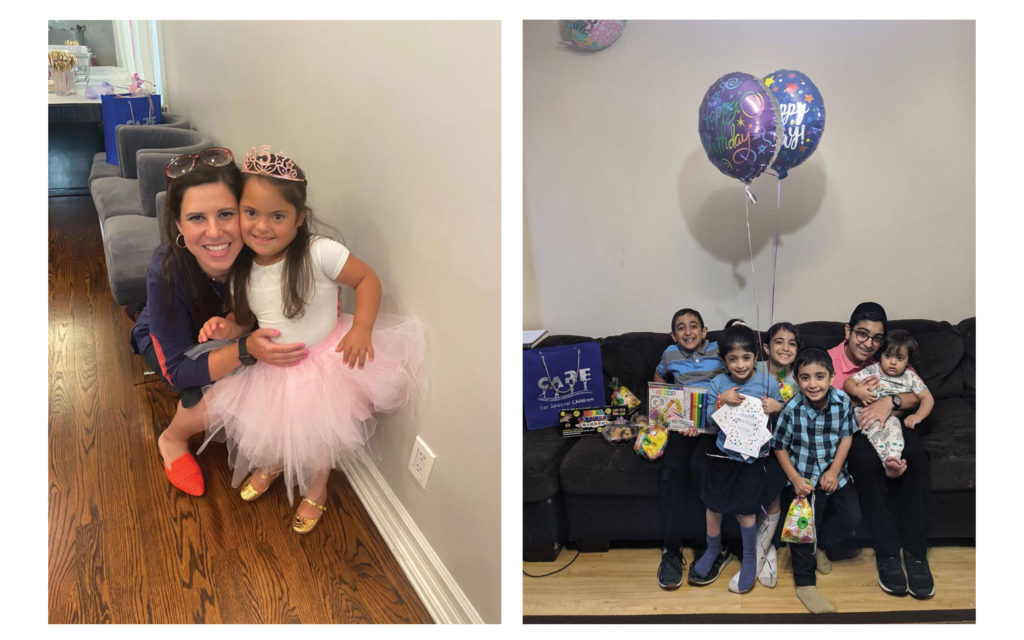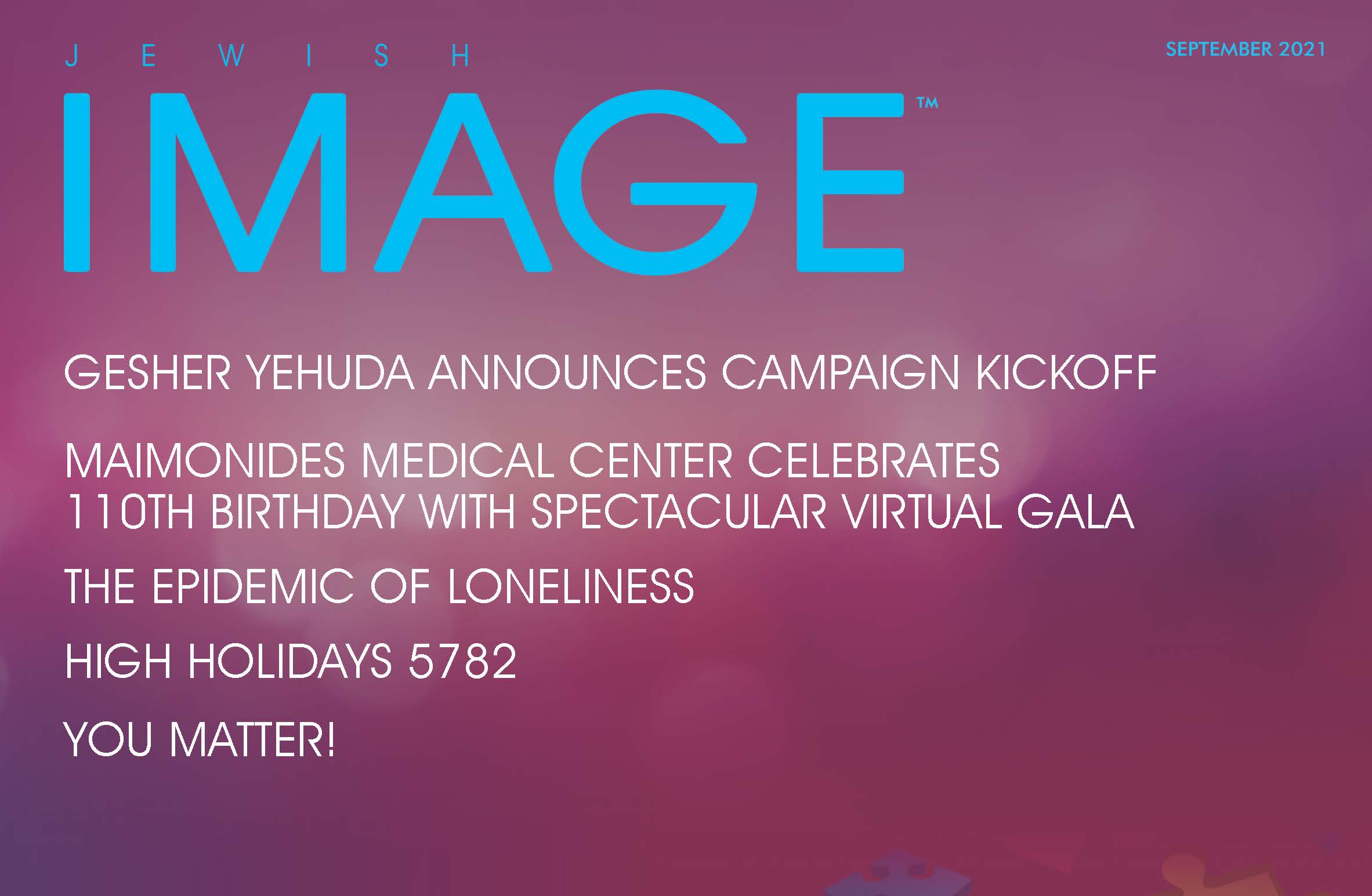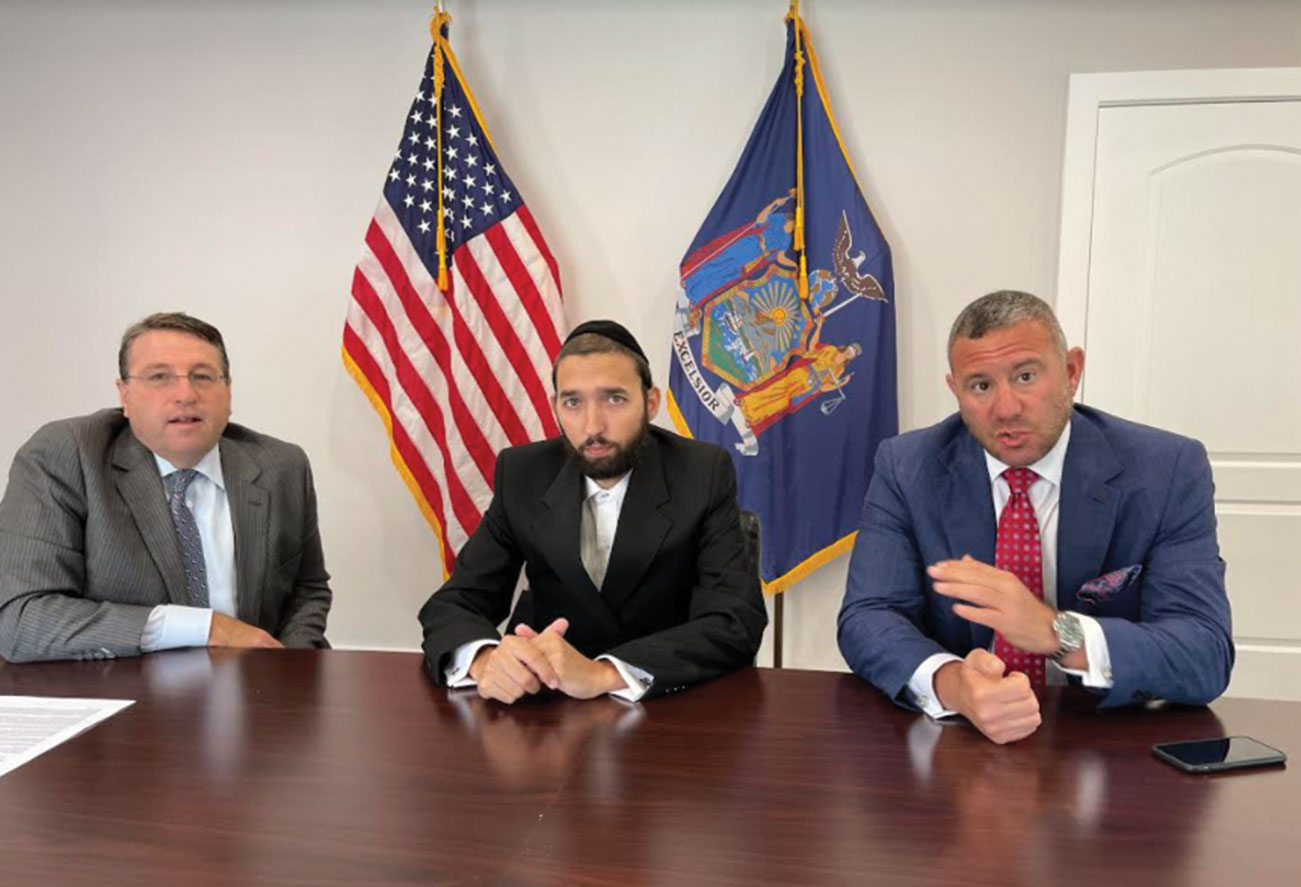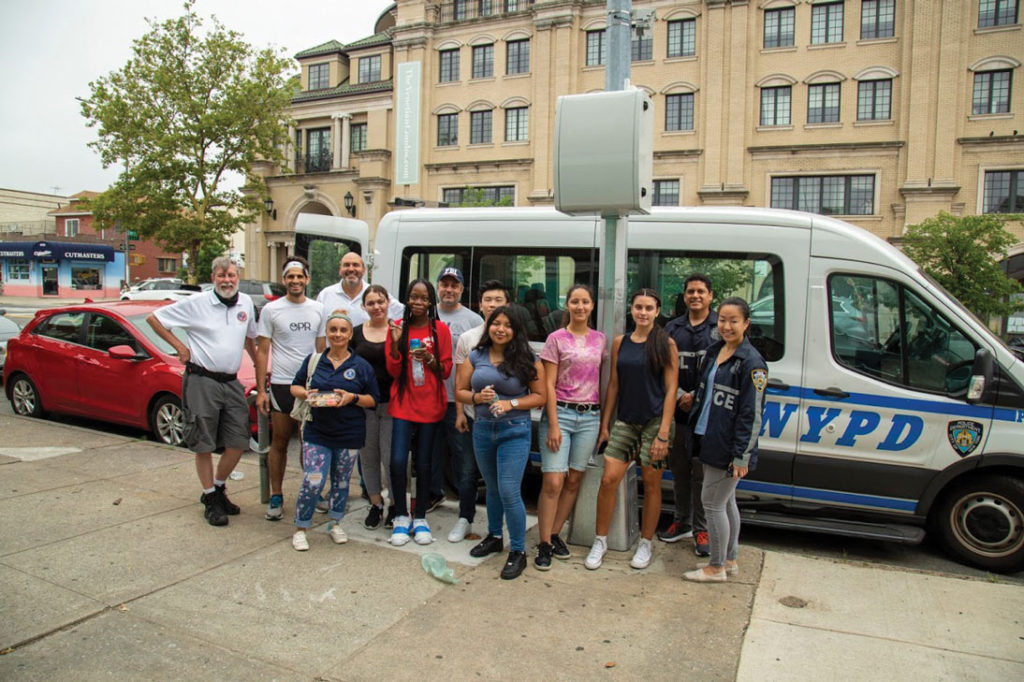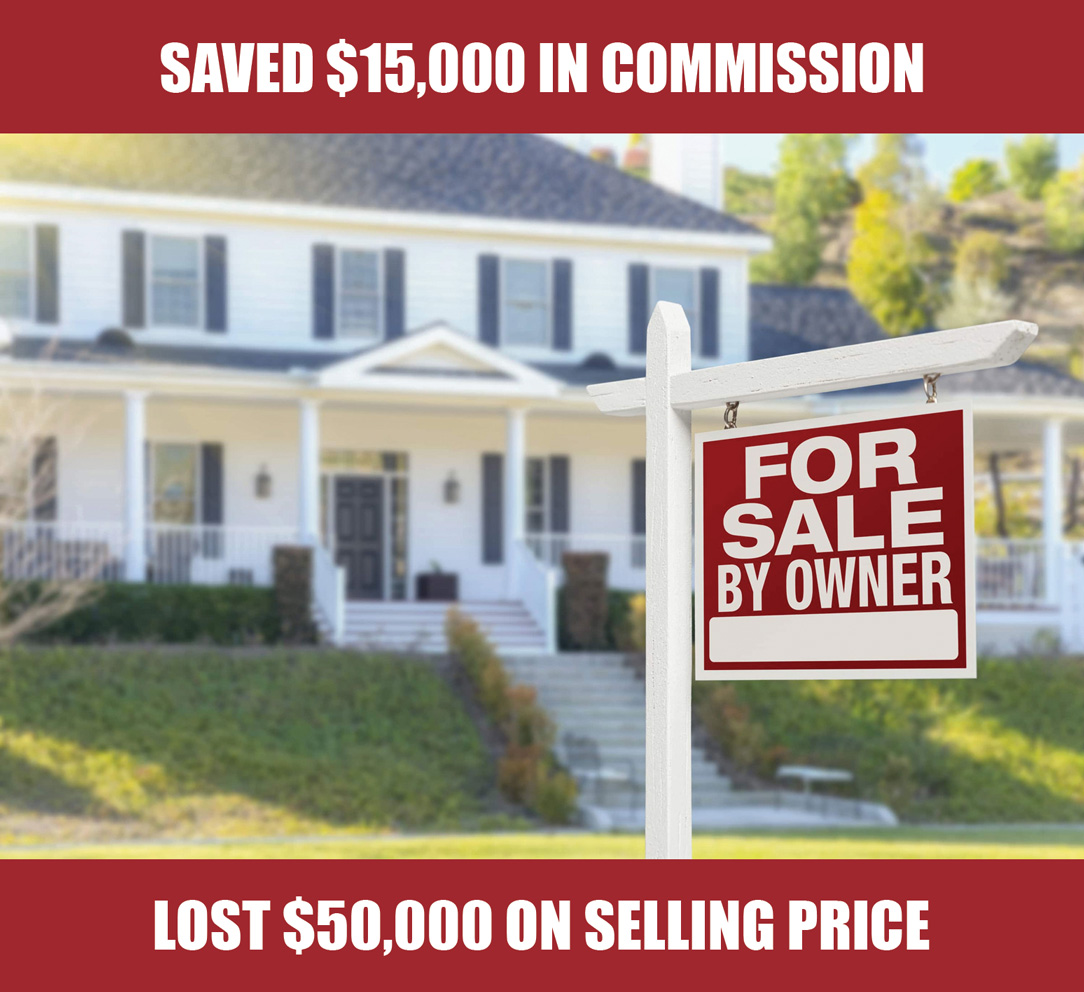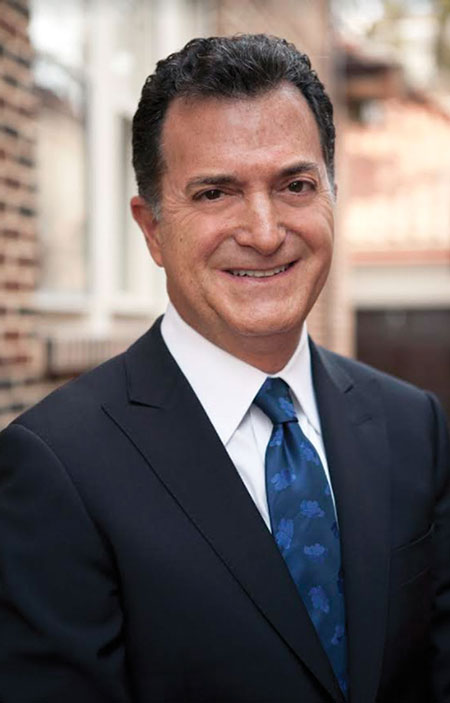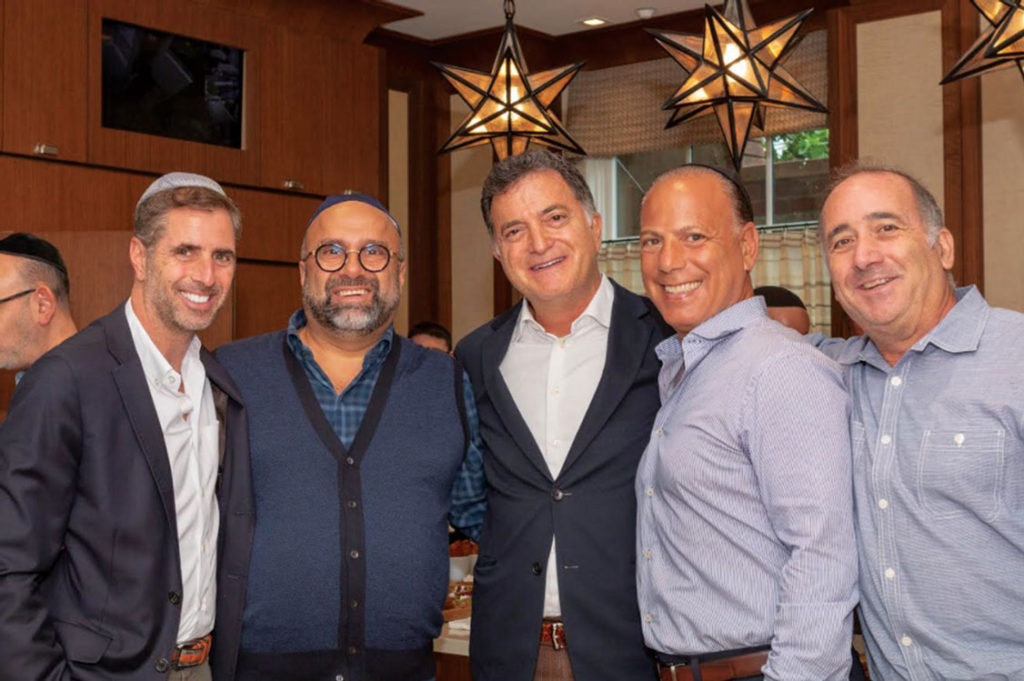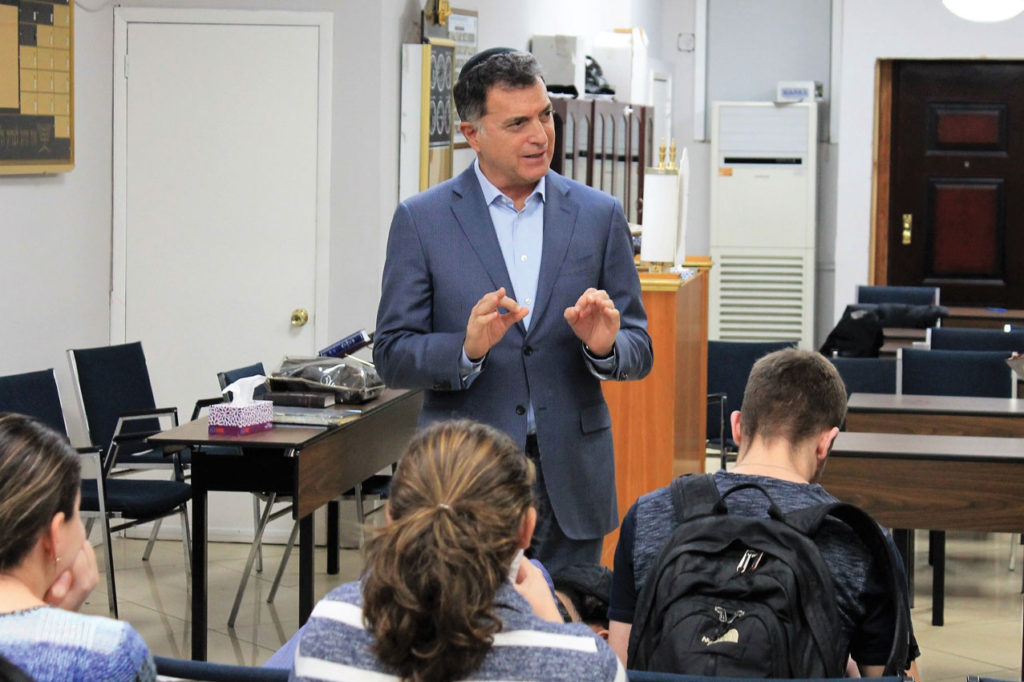THE EPIDEMIC OF LONELINESS
RABBI MEYER LANIADO
“A GREAT FIRE BURNS WITHIN ME, BUT NO ONE STOPS TO WARM THEMSELVES AT IT, AND PASSERSBY ONLY SEE A WISP OF SMOKE.” VINCENT VAN GOGH PENNED THESE POIGNANT WORDS IN A LETTER TO HIS BROTHER, THEO, IN JUNE 1880 EXPRESSING HIS PROFOUND LONLINESS.
While we may not admit our own loneliness, many of us know at least one person who can relate to this sentiment. Even before COVID-19 and its consequent social isolation, loneliness was reported as being experienced by three in five Americans. Social isolation and loneliness were pronounced a behavioral epidemic due to their widespread presence across Europe, America, and China.
Loneliness is not only harmful emotionally and psychologically—it also takes a serious toll on our physical health, significantly increasing mortality rates. Dr. Vivek Murthy, our 19th Surgeon General, has made it his mission to combat what he calls ‘the loneliness epidemic.’ He wrote in a Harvard Business Review article that the pathology he witnessed most often when caring for patients was loneliness, not heart disease or diabetes. The CDC reports that loneliness leads to a 29% increased risk of heart disease and a 32% increased risk of stroke, while other studies show that loneliness could decrease one’s health as much as obesity, physical inactivity, air pollution, and smoking 15 cigarettes per day.
Some countries have elevated the loneliness epidemic to the highest levels of priority, including The United Kingdom which established a Commission on Loneliness, and set in place a Minister of Loneliness to develop and implement a national strategy to combat loneliness. In 2018, they published a report on grappling with loneliness, laying out a plan to address the problem and help in implementing solutions. They note that “it is possible to be isolated without feeling lonely and conversely to feel lonely while surrounded by people.”

I have found this to be true in my experiences with congregants, as one shared before the pandemic: “I’m in a city full of people but I feel completely alone.” Pre-COVID, this person was working with colleagues and social with family and friends, yet he felt isolated. This may be counter to our view of loneliness, which we generally perceive as being alone, without human interaction. Yet, many people, at least before the era of Zoom and remote everything, sit across from and interact with us while feeling completely disconnected.
A recent CIGNA study found that loneliness is more prevalent among younger than older generations: “Nearly eight in 10 Gen Zers (79%) and seven in 10 millennials (71%) are lonely, versus half of boomers (50%).” Before COVID-19, these young adults attended high school and college classes regularly, surrounded by others their age, yet felt disconnected. This is because loneliness is not aloneness or solitude, both of which can be healthy. Loneliness has less to do with the number of people around you and more to do with whether you feel seen and known by those people.
As my wife, Talia, so eloquently portrayed loneliness in an unpublished poem: “It is standing alone at a party, shifting from foot to foot awkwardly—knowing no one, afraid that no one wants to know you. It is being the only one in the room holding your opinion, your values, wondering whether you are the crazy one or everyone else is.”
It is the feeling of being physically seen yet invisible, of others not interested in getting to know you or understanding what you have to offer the world, what your unique passions and ideas are, and why. How lonely it is not to connect on this level with any of the possibly tens of people one speaks to each day.
One reason that individuals feel lonely is they realize that many of our social interactions are transactional. Too often, the routine greeting “How are you?” is a perfunctory question we ask, not seeking to receive a sincere response but to follow up with our next question, “Could you do the following for me?” We are looking to leverage the relationship rather than deepen it. We are not truly inquiring about the other’s wellbeing, rather attempting to maintain our reputation as a kind and thoughtful person, but in fact we are offering an empty platitude, not an outstretched hand.
We have become so accustomed to others solely reaching out or connecting when they desire something from us that we are caught off guard when someone genuinely asks how we are doing, waiting for us to move beyond the standard, “I’m good,” to what lies beneath the surface. While being transactional is necessary in many of our relationships, one way to counter loneliness and be present for others is to dedicate one or two interactions a day to truly listen and care, without an ulterior motive or planned outcome in mind.
Abraham, our forefather, serves as a paradigm of this, expanding out of his immediate circles to connect and show concern for others. The Torah relates in surprising detail how he cared for his ‘guests’ as a model for how we should reach out to others with genuine care.

Abraham offers his guests, “Take bread, satisfy yourselves, and then you may continue on your way. Understanding that they would initially refuse, he sent the message that he would like to give and is expecting nothing in return. He had no request for them to stick around, hear a pitch, or even stay in touch. He told them they could carry on with their journey, knowing he would likely never see them again and have no opportunity to ask for a favor in the future (he didn’t offer his business card or Instagram handle).
Furthermore, he was proactive, sensitive, and aware. He sat outside his tent, knowing that there were people who needed help and would not seek it out. He did not wait as Lot did for someone to happen past him. He actively searched for someone to help, ran to greet them when they did, and expressed that he was at their service. He did this not as a tedious obligation but as an opportunity for which he was grateful and excited. He rushed to have fresh bread made for them from fine, high-quality flour and ran towards the field to select his choicest cows for steak, ribs, and a roast. The most important part, however, was not the carefully prepared meal, but what was expressed: he was present with them and empathetic to their needs. His actions went beyond being merely polite or transactional. He could have felt he had done his duty and walked away to resume managing his multitude of flocks and other business ventures. Instead, he waited on his guests, staying with and tending to them, showing genuine caring.
This powerful lesson demonstrated by Abraham over four thousand years ago was recognized by Dr. Vivek Murthy as he wrote in his book Together, “What often matters is not the quantity or frequency of social contact but the quality of our connections and how we feel about them.”
The cure for loneliness is not simply interacting or even giving—it is being present and authentic, actively focusing on, and lending an ear to, another human being. It is letting the other person know they are not simply a task to cross off your list or a deposit in your emotional bank account to enable a future withdrawal for a favor. It is being there for another person even if there is no benefit to you, as Abraham was there for his guests, attentive, caring, and other-focused.
Rabbi Yisrael Meir Kagan, the Hafetz Haim, echoes this in his book Ahavat Hessed: Taking care of guests is not solely for those in material need; it includes the wealthy, and it is the caring and honoring of another human being regardless of economic or social status. This is also expressed by Rabbi Eliezer Melamed in his book Peninei Halakhah in the context of hakhnasat orhim (welcoming guests). There he relates that inviting guests is not only taking care of another’s physical needs; it is showing another person they are valued:
… to some extent the physical abundance has highlighted the anguish of the soul, and many today feel loneliness and alienation, and there is nothing like hospitality to alleviate their anguish. Good, sympathetic, warm hospitality can re-instill in them the belief that their lives have value, that people value them, are happy to be with them and are interested in helping them.

Throughout the coronavirus pandemic, studies have been conducted to determine whether loneliness had escalated as a result and, surprisingly, the 3% increase, as noted in the Journal of the American Medical Association, was viewed as relatively insignificant and essentially consistent. Brigham Young University Professor of Psychology Julianne Holt-Lunstad remarked that a cause might be “a real outpouring of communities really trying to band together and look out for neighbors and for those who might be most vulnerable” during this crisis. It is heartening to observe the heightened connectivity communities have experienced this past year despite the social isolation born of this pandemic.
This camaraderie stems from feeling that although we were distanced from one another in many ways, we were not alone. Whether virtual or in person with safety measures in place, we were strengthened and uplifted by sharing meaningful moments together. We connected with our fellow New Yorkers, community, friends and family, which gave us a sense of support and togetherness.
While we are no longer in lockdown and much of our lives have gone back to “normal,” loneliness remains. We can be the antidote, modeling Abraham our forefather, proactively reaching out to others—making a phone call, offering a helping hand, asking “how are you” with real interest in the response — exchanging being polite for being present, working together towards a cure for the epidemic of loneliness.
Rabbi Meyer Laniado is the associate rabbi of Congregation Kehilath Jeshurun and serves as the leader of its thriving Sephardic community on New York’s Upper East Side.

